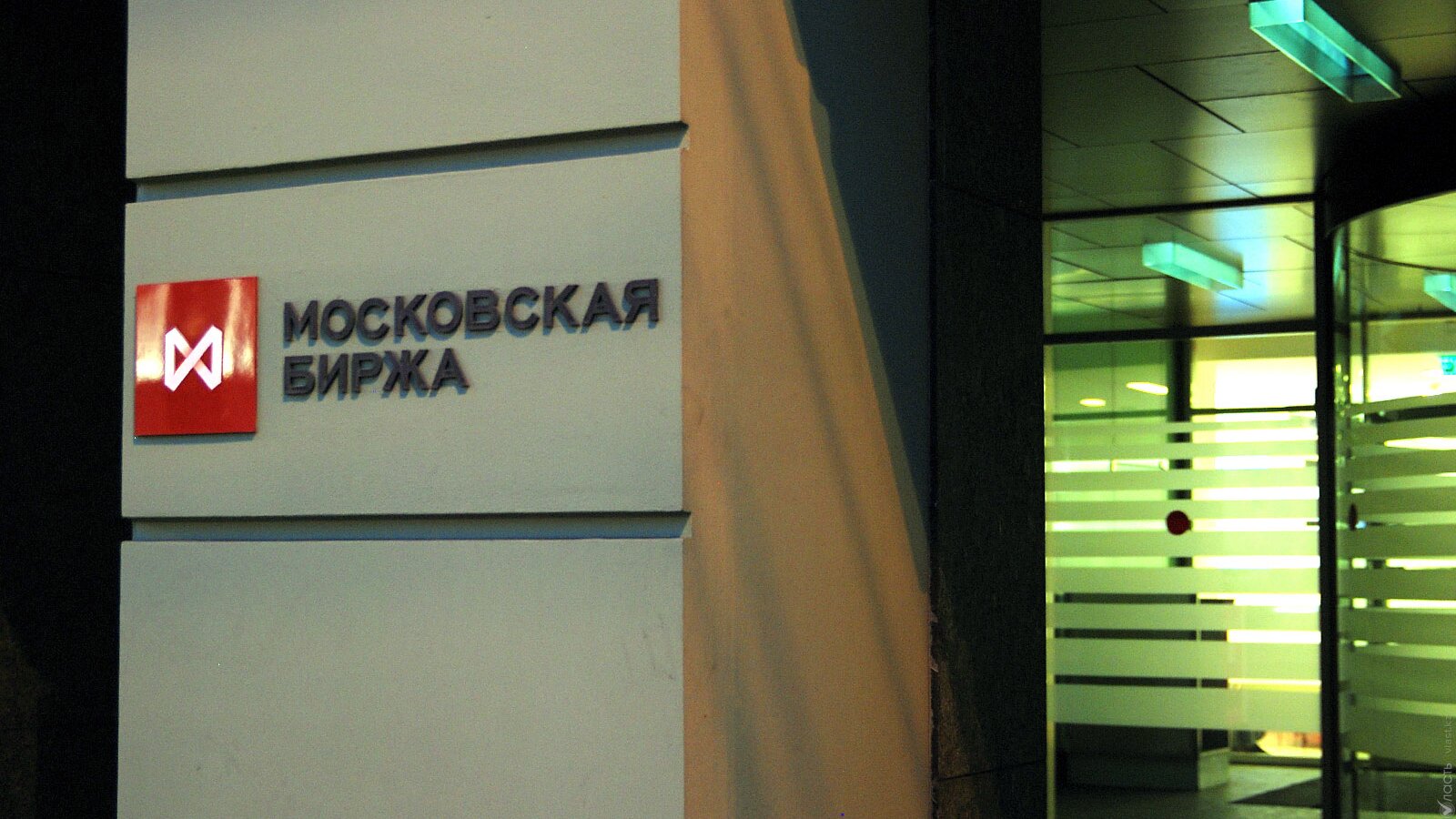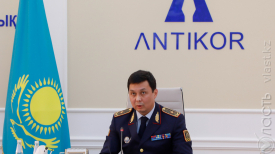- ВКонтакте
- РћРТвЂВВВВВВВВнокласснРСвЂВВВВВВВВРєРСвЂВВВВВВВВ
Kazakhstan’s Central Securities Depository (CSD) asked its clients, among which brokers and asset managers, to withdraw Russia-linked securities from their portfolio, in a move towards a full compliance with western sanctions against the Moscow Stock Exchange (MOEX).
The CSD sent a letter to holders of securities marked with Russia’s RU code, notifying them that they must conclude transactions involving RU securities by the end of the month, Russia’s RBC reported.
Kazakhstan’s Central Bank confirmed the media reports and said the decision was due to the introduction of US sanctions against the MOEX-owned National Settlement Depository (NSD).
George Voloshin, an anti-financial crime expert, told Vlast that sanction exposure represents a risk for Kazakhstan.
"To the extent that Russian stocks and bonds purchased by investors (who would be Kazakhstan residents in a majority of cases) that are clients of Kazakhstani brokerages are still accounted for at the NSD, this creates sanction exposure for the Kazakhstan-based depository. The Kazakhstan-based depository wants to have nothing to do with them now," Voloshin said.
Why Now, Why Kazakhstan?
In a message to the press, Kazakhstan’s Central Bank acknowledged the US Treasury Department’s deadline of August 13 for any transactions for the divestment from the MOEX. It then set a date for August 10 in Kazakhstan, in an effort to ensure that all transactions are processed before the deadline.
Kazakhstan is tied to the Russian securities and other financial instruments both because of the Kazakhstan-based brokers and asset managers holdings and because MOEX owns a 13.1% stake in the Kazakhstan Stock Exchange (KASE).
The decision will mark a blow to the international availability and reliability of Russia-linked securities, since other markets could follow in Kazakhstan’s footsteps.
On June 13, the US Treasury Department put the MOEX on its sanctions list, which led to a halt in US dollar-denominated trades.
Soon after, Timur Suleimenov, the head of the Central Bank, said that KASE will continue to operate through the MOEX system and that he is convinced that “this will to some extent provide an additional influx” of companies into Kazakhstan. Suleimenov also said that KASE could also consider buying out MOEX’s stake.
On June 28, however, KASE said that it will negotiate a buyout of its shares that are currently owned by MOEX.
What Now?
Analysts said this decision could have been influenced by a request by Euroclear, a Brussels-based financial services company that operates the world’s biggest bond settlement system.
According to the FT, Euroclear earned €4.4 billion last year from Russian assets that were frozen by sanctions that were imposed on Russia after it started its war of aggression in Ukraine. By not paying out cash balances to sanctioned actors, such as the Russian Central Bank, Euroclear was able to inflate its balance sheet.
Several Russian actors have sued Euroclear, in an effort to recover their funds.
Perhaps in an attempt to avoid legal battles, Kazakhstan’s regulators are now urging asset managers and brokers to simply divest, thus avoiding relations with sanctioned actors.
By cutting out the clearing role of Kazakhstan’s CSD for Russia-linked securities, the sanctions regime could have done a major damage to the Russian government’s ability to access its frozen assets in the west and beyond.
UPDATED on July 12 with a quote on the third and fourth paragraph.
Поддержите журналистику, которой доверяют.








